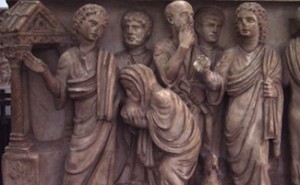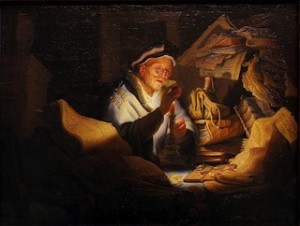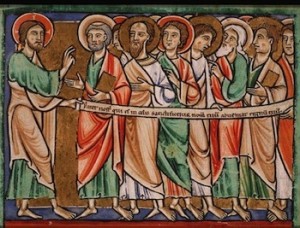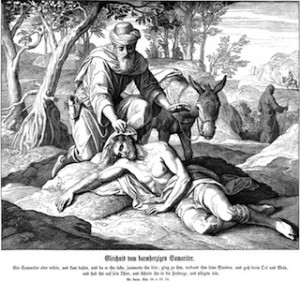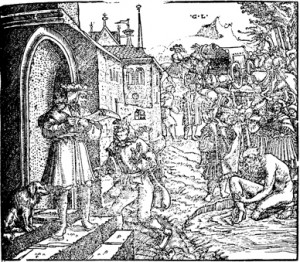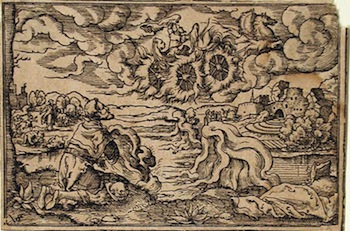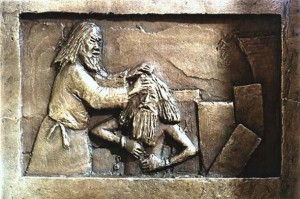Thoughts on Today’s Lessons for Sunday, Aug. 25, 2013.
Dig deeper into Isaiah and we find that this great book contains the words of three prophets, bible scholars say: One who prophesied the coming destruction of Jerusalem and the temple; one who prophesied from exile in Babylon; and the speaker of today’s verses, who prophesied after the return, when the temple was wreckage and the people were having a hard time settling back in. God will help us, the third Isaiah promises; but we must be just, share with the needy and care for the afflicted. Do all this, and honor the Sabbath, and Judah’s ancient glory will be restored.
Psalm: Psalm 103
Surely the Israelites sang this hymn upon their arrival home from exile, and its message of thanksgiving has made it a favorite of God’s people down through the ages. Remember that God forgives us, heals us and redeems us, the Psalmist exults. We can count on God’s mercy and grace, gentle spirit and abundant love. Thanks be to God!
Second Reading: Hebrews 12:18-29
This is the third of a four-week series of Second Readings from Hebrews, a letter that bible historians believe was originally intended to persuade First Century Christians fearful of Roman persecution from returning to what may have seemed the safer haven of Judaism. While God’s voice shook the earth when Moses received the First Covenant at Sinai, the author assures us that God now gives through Christ a kingdom that cannot be shaken.
Gospel: Luke 13:10-17
As an observant Jew and charismatic rabbi, Jesus knew well and faithfully followed the law demanding observance of the Sabbath, consistent with Isaiah’s call in the First Reading. But his compassion for a painfully disabled woman compelled him to heal her, right there in the synagogue, while he was preaching! The authorities were outraged, but Jesus reminded them that they wouldn’t hesitate to protect their own property on the Sabbath. Why should a woman in pain for 18 years have to wait another hour? This story, continuing Luke’s ten-chapter narrative of Jesus’s journey from Galilee to Jerusalem and the cross, has a deeper subtext: It shows the growing tension between Jesus and temple and state authorities that would culminate with his passion and death on the cross.

